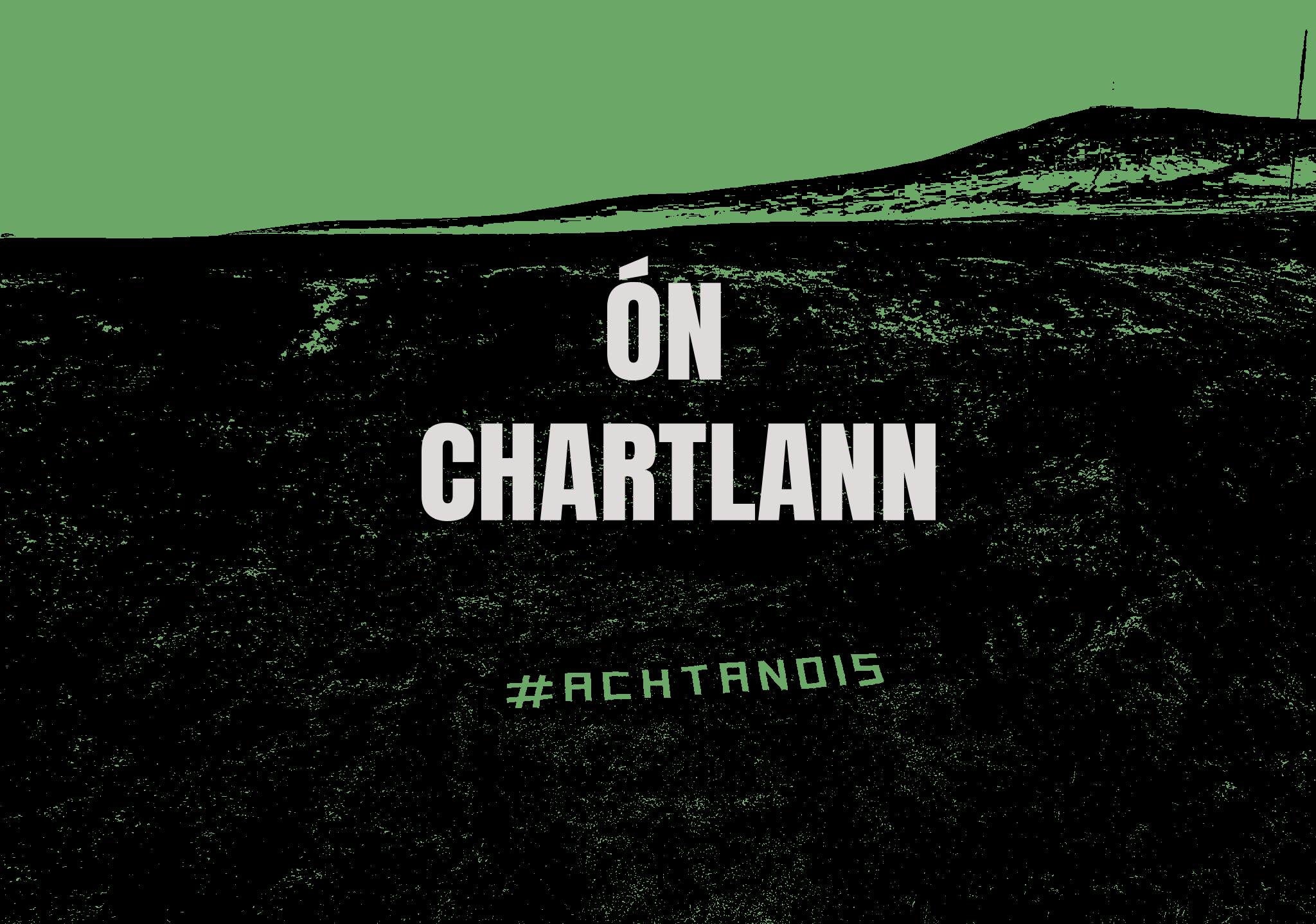An litir dhearg
Bí ar an eolas! Faigh ár nuachtlitir le bheith suas chun dáta leis na feachtais ar fad.

The Northern Ireland Office (NIO) minister wrote to Simon Hoare MP Chair of the Northern Ireland Affairs Committee (NIAC) this week to state that the cultural identity and language package has been delayed due to world events.
Mr. Burns noted that the British Government had been keen to introduce the legislation ahead of the pre-election period.
“Due to pressures on the parliamentary timetable, including legislation on the situation in Ukraine, it has regrettably not been possible to do so,” he wrote.
“I want to assure you that the Government remains resolutely committed to introducing the legislation following the elections. Reflecting the commitments I made at the Committee session, I can also reconfirm that you will be provided an opportunity to review the Bill in private ahead of introduction, and the offer of a technical briefing to members of the Committee at a similar point.”
Sinn Féin MLA Pádraig Delargy said: “Irish language legislation is crucial to delivering rights and guaranteeing protections in law to the thriving Gaeilgeoirí community across our island.
“Irish speakers have been waiting 15 years for the British government to live up to its promises to bring forward Acht Gaeilge.
“The British government needs to end the delays, honour its commitments, implement its agreements and end the denial of rights to the Irish language community.”
Last month Mr. Burns told the Northern Ireland Affairs Committee (NIAC) that the North West Cultural Partnership (NWCP) based in the New Gate Arts and Culture centre in the Fountain viewed the proposed legislation in a positive light.
“The characterisation of the cultural identity and language package as somehow an Irish language Act, which is a phrase I hear often, is something that I hear more from the Unionist community than I do from the nationalist community,” Mr. Burns told the committee.
He said he had a ‘very interesting meeting’ with the NWCP in the autumn when he was advised the proposal to officially recognise both the Irish language and Ulster Scots was very much welcome.
Mr. Burns explained: “They gave me a very good perspective on it. They said, ‘This is a bit of a win for Unionism, actually, because this is the first time that there has been proper recognition of Unionist/loyalist identity’.
“There will be funding for loyalist marching band culture and so on. They were talking about the opportunity - this is already happening in parts of Derry - of using the traditions and the carnival side of various anniversaries as an opportunity to attract tourism,” he said.
During his visit to the Fountain the Minister of State was advised by the NWCP that it views the proposed package as a ‘Culture Act’ rather than an ‘Irish Language Act’.
“They totally did not agree with the characterisation of the proposed legislation as being in some way a great Irish Language Act. I believe Jeffrey [Donaldson] has been to see them, and they gave that perspective,” Mr. Burns told the NIAC.
The NWCP is a consortium of Protestant, Unionist Loyalist (PUL) groups working mostly in the fields of art and culture in the Derry and Tyrone area. Its members include the Londonderry Bands Forum, Bready & District Ulster Scots Association, Sollus Cultural Productions, Sollus School of Highland Dance, Bob Harte Memorial Trust and Blue Eagle Productions.
Derek Moore, coordinator of the NWCP, told the ‘Journal’ the group has been lobbying hard on the package.
“We believe that the Culture Act can give the PUL community a levelling up perspective in terms of the funding currently going to Gaelic culture/language etcetera and can improve the position of our cultural output,” he said.
The NWCP believes the legislation represents a major opportunity for those involved in the promotion of Ulster Scots culture in the city.
“We believe that the current structures are out of touch and parochial and are not benefiting the sector. Culture, music and language are very fluid and part of every tradition. We embrace anything that gives parity and equality to all traditions and favours none,” he said.
Bí ar an eolas! Faigh ár nuachtlitir le bheith suas chun dáta leis na feachtais ar fad.